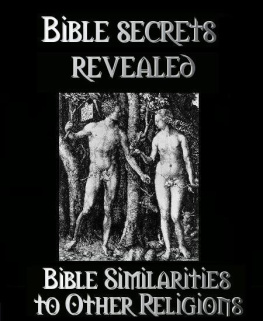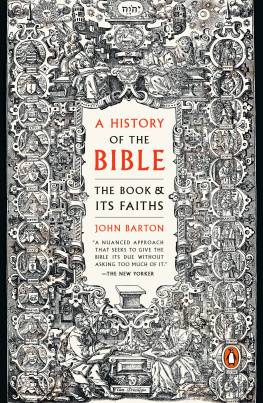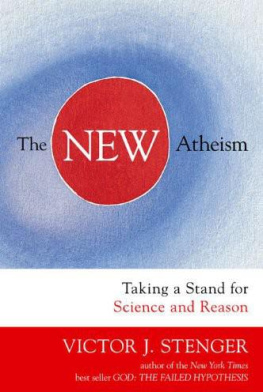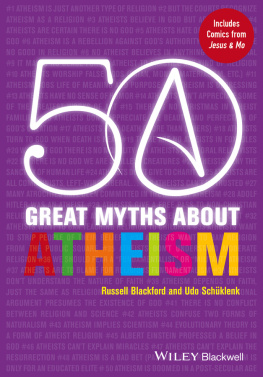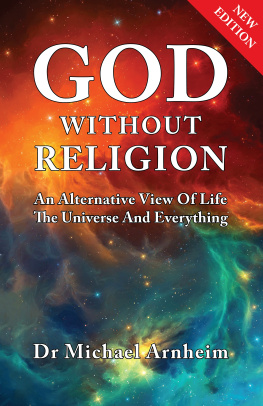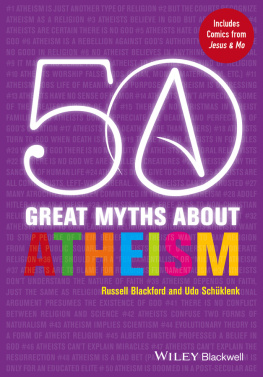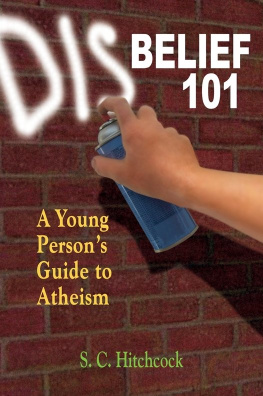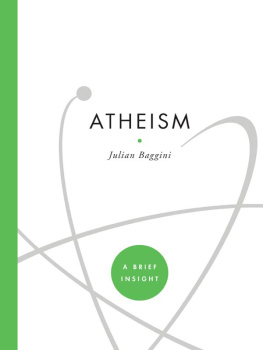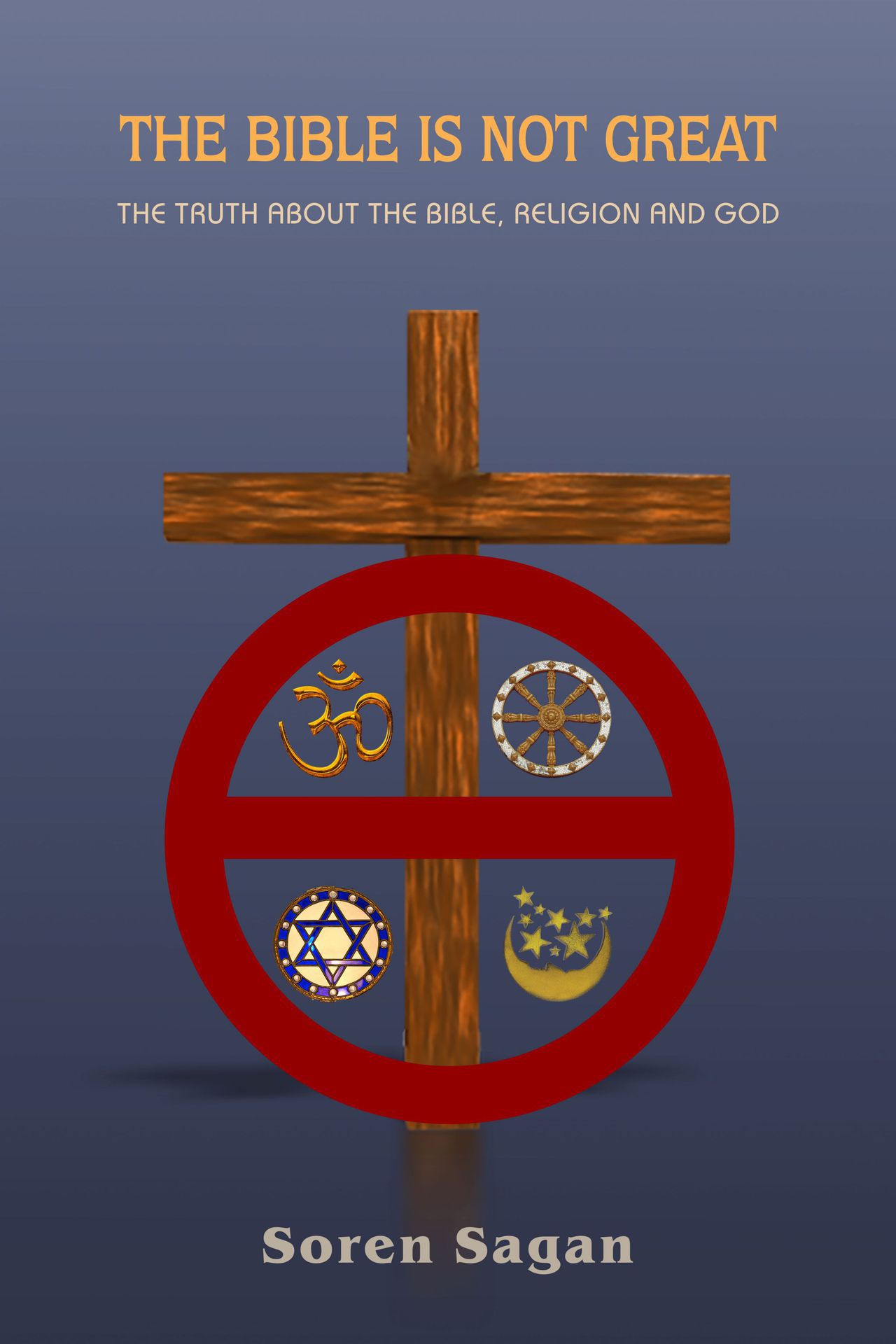Soren Sagan - The Bible Is Not Great: The Truth About The Bible, Religion And God
Here you can read online Soren Sagan - The Bible Is Not Great: The Truth About The Bible, Religion And God full text of the book (entire story) in english for free. Download pdf and epub, get meaning, cover and reviews about this ebook. year: 2014, publisher: Kindle Direct Publishing, genre: Religion. Description of the work, (preface) as well as reviews are available. Best literature library LitArk.com created for fans of good reading and offers a wide selection of genres:
Romance novel
Science fiction
Adventure
Detective
Science
History
Home and family
Prose
Art
Politics
Computer
Non-fiction
Religion
Business
Children
Humor
Choose a favorite category and find really read worthwhile books. Enjoy immersion in the world of imagination, feel the emotions of the characters or learn something new for yourself, make an fascinating discovery.

- Book:The Bible Is Not Great: The Truth About The Bible, Religion And God
- Author:
- Publisher:Kindle Direct Publishing
- Genre:
- Year:2014
- Rating:3 / 5
- Favourites:Add to favourites
- Your mark:
The Bible Is Not Great: The Truth About The Bible, Religion And God: summary, description and annotation
We offer to read an annotation, description, summary or preface (depends on what the author of the book "The Bible Is Not Great: The Truth About The Bible, Religion And God" wrote himself). If you haven't found the necessary information about the book — write in the comments, we will try to find it.
Not only does Sagan show the morality and superiority of atheism, but he presents compelling arguments for its case. Beginning with the worlds first religions and animism and ending with the three major religions today (Judaism, Christianity, and Islam), he explains how all these myths were created and why. He pokes holes in the most iconic and fundamental stories in the Bible, leaving little room for doubt in the mind of the reader of the falseness of these stories. Many of these myths were copied or adapted directly from the so-called pagans, such as Sumerians and Indians, who followers of the Bible called immoral heathens.
One of the most interesting aspects of his argument to me was his reasoning behind why the Bible was written, both the Old and New Testament. Once you read his explanation for the Bibles creation, you will wonder how you didnt see it before. Using nothing but logic and his knowledge of history, Sagan debunks the most believed myths in the world. From trying to explain natural phenomena to territorial disputes over sought after land, religion has been a tool for humanity. Sagan suggests it is a tool no longer needed.
The most difficult part for believers in religion to accept will be his perception of the evils and dangers of religion. The author shows how harmful religion has been to humanity throughout history and warns of future wars it may result in as well. Religion, though born from trying to explain natural phenomena we didnt understand and wishful thinking of a better life after death, has since been used to conquer territories and oppress other races, classes, and women. Though his views may shock the devoted religious, his arguments are hard to dispute. Believers in religion may argue that, without religion, we would not have a sense of morality and would kill each other off. However, Sagan would argue that more people have been killed in the name of religion than for any other reason. God is not our source of morality. It is in ourselves.
His book is not all negatives. He presents an alternative to religion that has been growing in society for some time science. Not only has science answered questions that religion was originally invented to explain, but it continues to make new discoveries daily. Science truly is the future, not religion. If you are currently a believer in a religion, Sagans book may help you see your religion in a new light and start a new thinking process.
Soren Sagan: author's other books
Who wrote The Bible Is Not Great: The Truth About The Bible, Religion And God? Find out the surname, the name of the author of the book and a list of all author's works by series.

